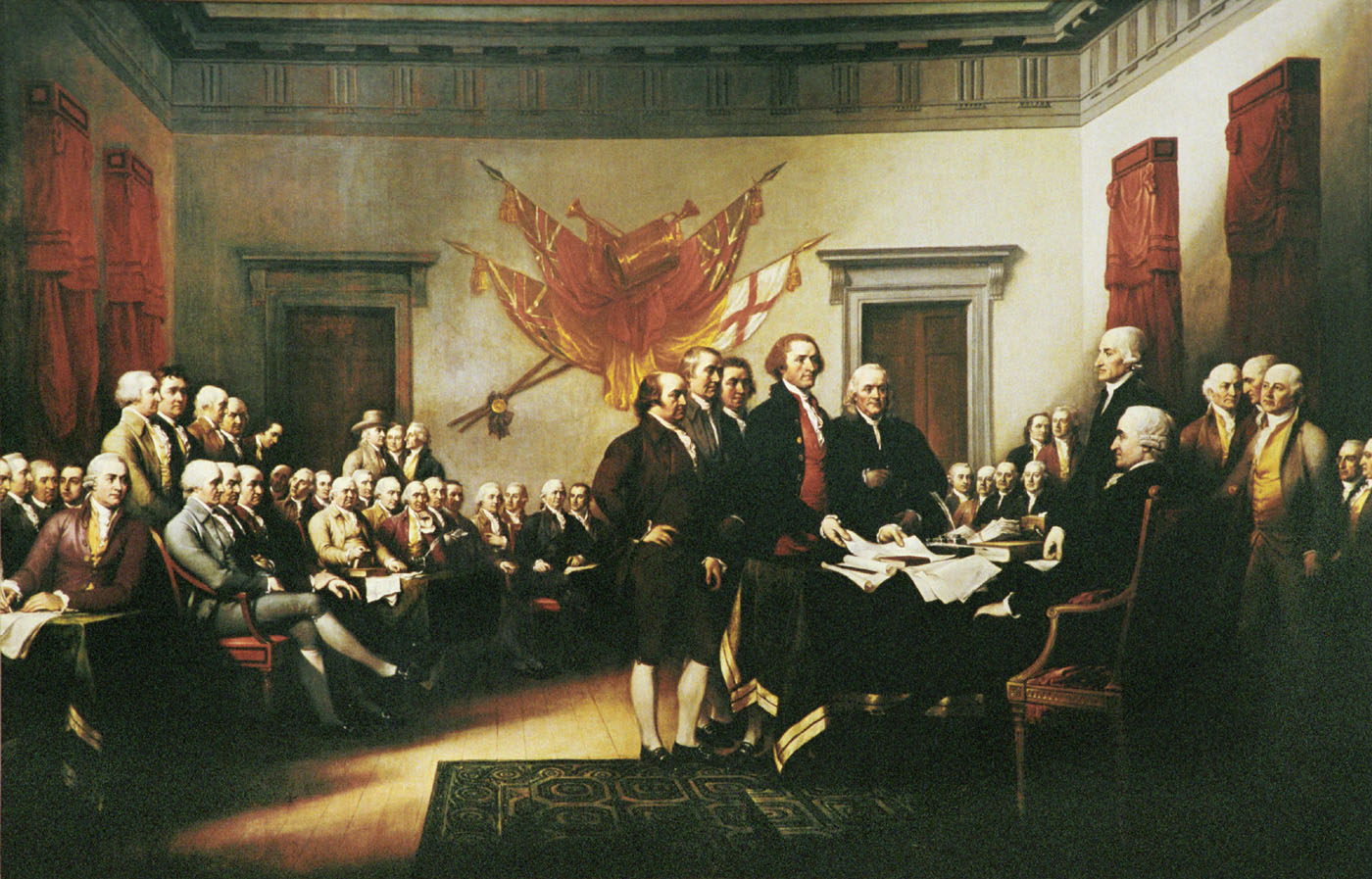The most contentious issue facing the Republican Party of Virginia is the method by which we select our party’s nominees. Everyone seems to have a different opinion on the matter, typically motivated by which method favors the type of candidate the individual supports. Conservative grassroots activists tend to favor Conventions. Moderates tend to favor open primaries. Republicans who put the party first tend to support closed primaries (which would require the General Assembly to vote in favor of party registration).
Each of these methods have their own particular virtues.
Open Primaries extend the reach of the Republican Party beyond voters who consider themselves to be Republicans. Partisanship and Party loyalty are less popular concepts today than in the past. 42% of voters, according to Gallup, said they identify as “Independent” in January of 2014. Open primaries encourage Republican-leaning Independent voters to participate in the selection of the Republican Nominee. This is considered virtuous because without the independent vote, Republicans cannot win a general election.
The downside of open primaries is that Republicans are often left with candidates who do not share their values or political philosophy. Whether or not the eventual nominee wins or loses has much less significance to Republicans if they don’t feel adequately represented. Since Republicans tend to be the ones donating money, knocking on doors, and campaigning for the Republican nominee, it doesn’t make sense to nominate candidates “the base” does not support.
Closed Primaries fix that problem. In states with Party Registration, Independent voters (if they wish to participate in primaries) are forced to register either as a Democrat, Republican, or Libertarian. Once registered, constituents can only vote in the primary of the party to which they belong. While this doesn’t eliminate self-identified independents from voting in Republican primaries, it does reduce the number of left-leaning Independent voters and Democrats from interfering in the nomination of a Republican candidate. Closed primaries also help to grow the party by gaining an initial commitment and investment from voters through party registration.
The biggest problem with primaries is that a majority of Americans do not follow politics closely and remain largely ignorant about the substance and operation of government. Citizens who are generally ignorant about their own government are empowered to select the men and women who run that government. If you cannot see how problematic this situation is, look at our leaders. Is this really the best the Democrat and Republican Parties can do?
Conventions exist to eliminate this problem. It takes most voters no more than thirty minutes to an hour to vote in a primary. Conventions, on the other hand, require a much greater commitment. Conventions can last days. Republicans willing to participate in Conventions tend to be more informed and more invested in the party. This ensures that the most “Republican” candidate is chosen and improves the likelihood that “the base” will be more committed with their donations, their time, and their energy (thus increasing the probability of a victory in the general).
However, this also means that only a tiny minority of Republicans are selecting the Republican Nominee. Republicans who are unable to get out of work, who are unable to travel (the disabled and the elderly), who cannot afford hotel accommodations, or who are otherwise too busy to attend a day(s) long convention, do not have a say in their Party’s nominee. This could possibly discourage enthusiasm and turnout in a general election.
I believe that the best possible option for the Republican Party is to have Closed Primaries. While closed primaries may not help certain factions within the party, they are the best possible method for the stability and health of the RPV. That said, the Commonwealth of Virginia does not have party registration, so closed primaries are out of the question.
Eliminating the possibility of a closed primary, I believe that having the most invested Republicans select the Republican Nominee is the best way to ensure the most appealing candidate able to withstand the rigors of a general election. Delegates at a convention have likely taken the time to adequately “vet” the candidates and can identify and eliminate candidates who would struggle for various reasons against a popular democrat opponent. Delegates are registered and are often contacted directly by their candidates.
Primary or Convention? In the end it is the State Central Committee’s prerogative and we should accept their decision without much complaint. Clearly this is the primary issue candidates for the SCC will campaign on and if the method of nomination is truly that important to Republicans, then these SCC races ought to become more of a priority.

